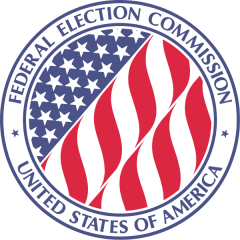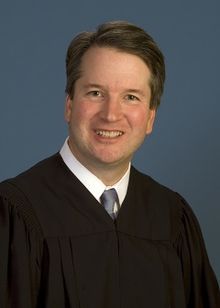A recent Washington Post article tells the story of a group of teenagers who started a Super PAC just to see if they could. To their horror, they discovered that they really do have First Amendment rights.
A quick recap of what happened: The group of teens, which named their Super PAC “Because We Can PAC,” filed a statement of organization with the FEC in late January but did not solicit any funds or engage in any activity besides setting up a free web site. Then, in February, the FEC called the teens with questions about why the group hadn’t listed a campaign depository (the teens did not have bank accounts). Because We Can PAC promptly filed a termination request. The end.
It’s a riveting tale, I know, but I post it here to draw attention to the dangerous perspective of the teens that were involved with Because We Can PAC. The group’s treasurer, Grant Sgarlata, comments on their experience, “It’s this big influential thing, and then I realized there’s no requirements for it and I thought that was entirely ridiculous… It’s not even a process to get these forms, you just go on the Internet and print them out. It’s ridiculous that anyone can control one of these potentially influential [groups].”
He sums up, “If [forming a Super PAC] is that easy, then there is something wrong with the system in place to get this.”
It is bizarre and sad to see someone arguing against his own participation in politics. Democracy is founded on the notion that all citizens have a voice, yet Grant is worried that his came too easily. This would seem bizarre if he said it about voting – “you mean anyone can do it?!” – but when it comes to Super PACs, which are reported on like super-villains, his opinion is far too common: these things need more rules!
If he pushed that thought experiment a little further, he would see the downside of regulating speech. As systems become more heavily regulated, it becomes more necessary to have lawyers and accountants to ensure that your activities are legal and properly disclosed. The only people who can speak are those who can afford the cost of complying with the regulations. Is that a good idea? I guess it depends what you see as the bigger problem in American politics: advantages primarily for the wealthy and politically connected, or a few teens in Tennessee having relatively unfettered free speech.
On top of having entirely the wrong idea of who should be allowed to speak and participate in politics, these teens also got the wrong impression of how regulated Super PACs actually are because they did not see the process through. They filed a statement of organization and a termination request, but did nothing in between. Had Because We Can PAC attempted to solicit funds or speak out about candidates (you know, the stuff Super PACs exist to do) they would have run up against a wall of requirements that would have almost certainly shut them down.
It is remarkable that a story of such little significance made its way to The Washington Post. It is even more troubling to see teenagers, of all people, rejecting free speech. It is yet another sign that we need to stop demonizing political participation, or else we risk raising a generation that does not value political liberty.














